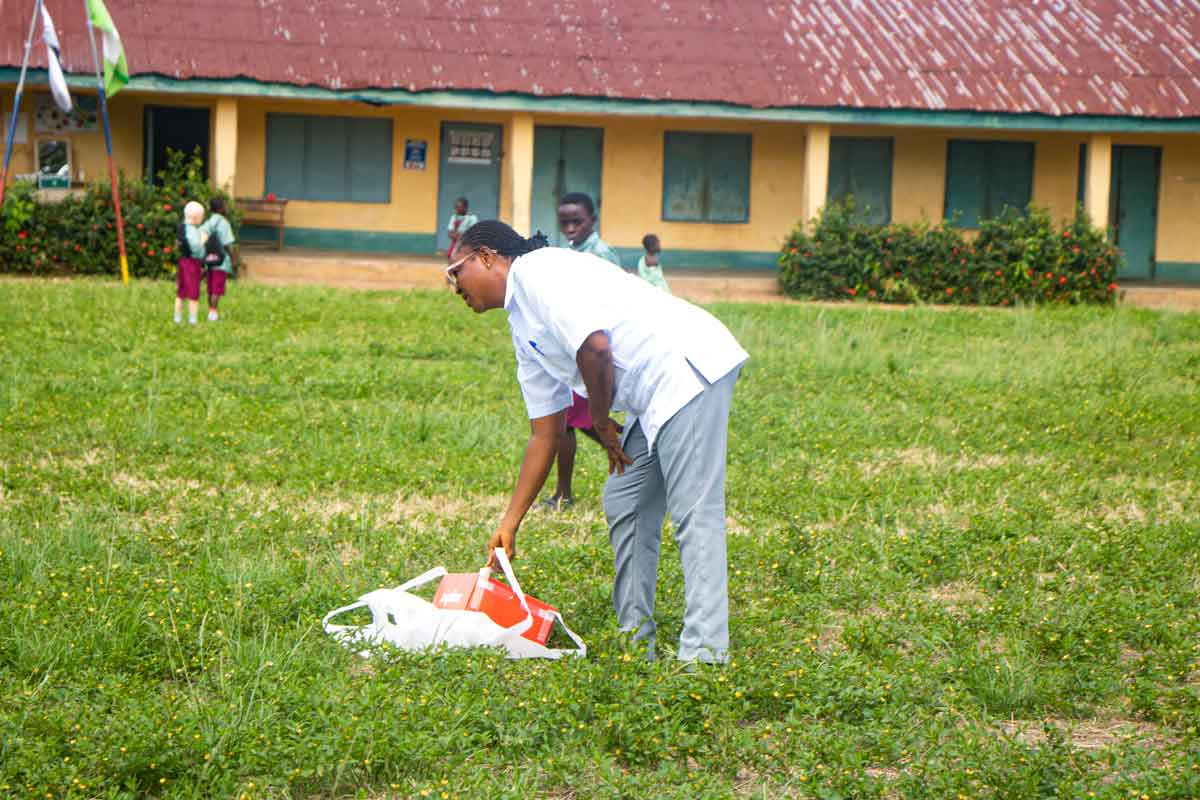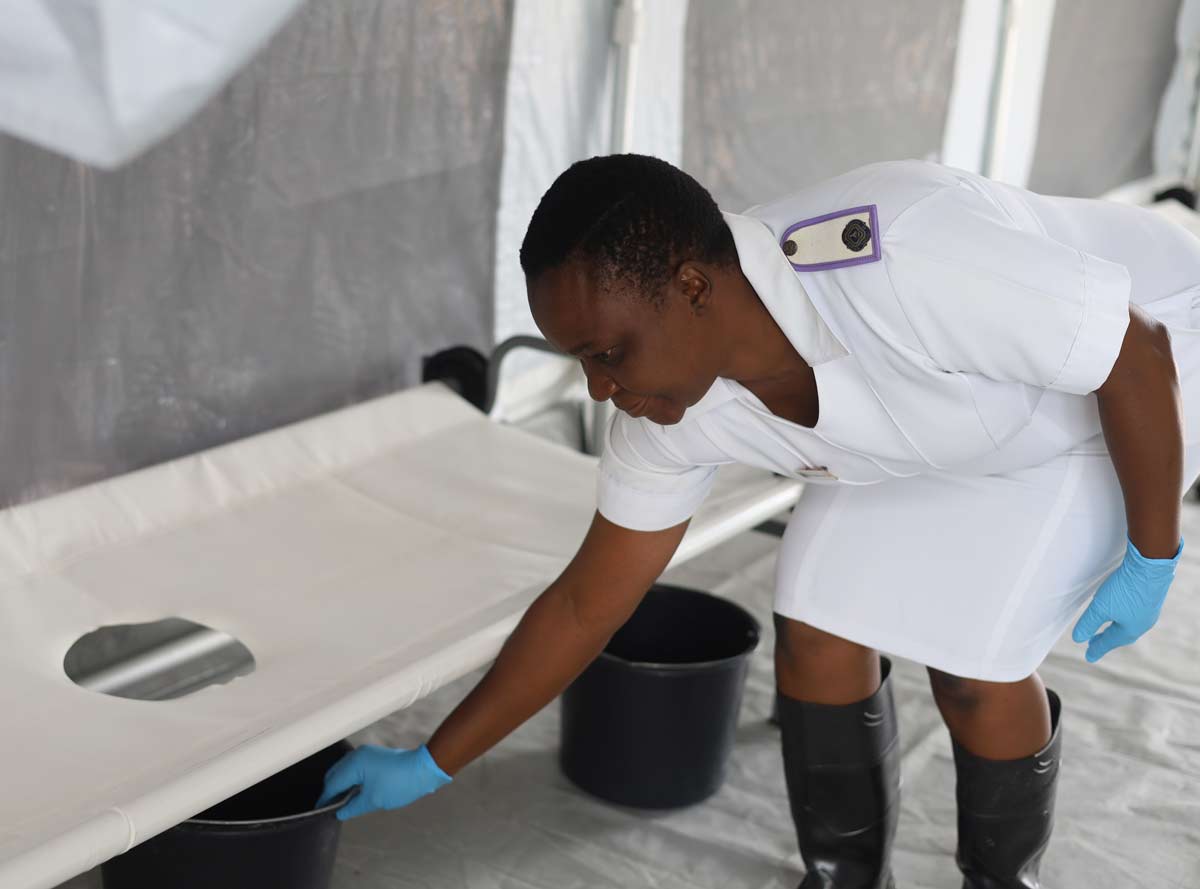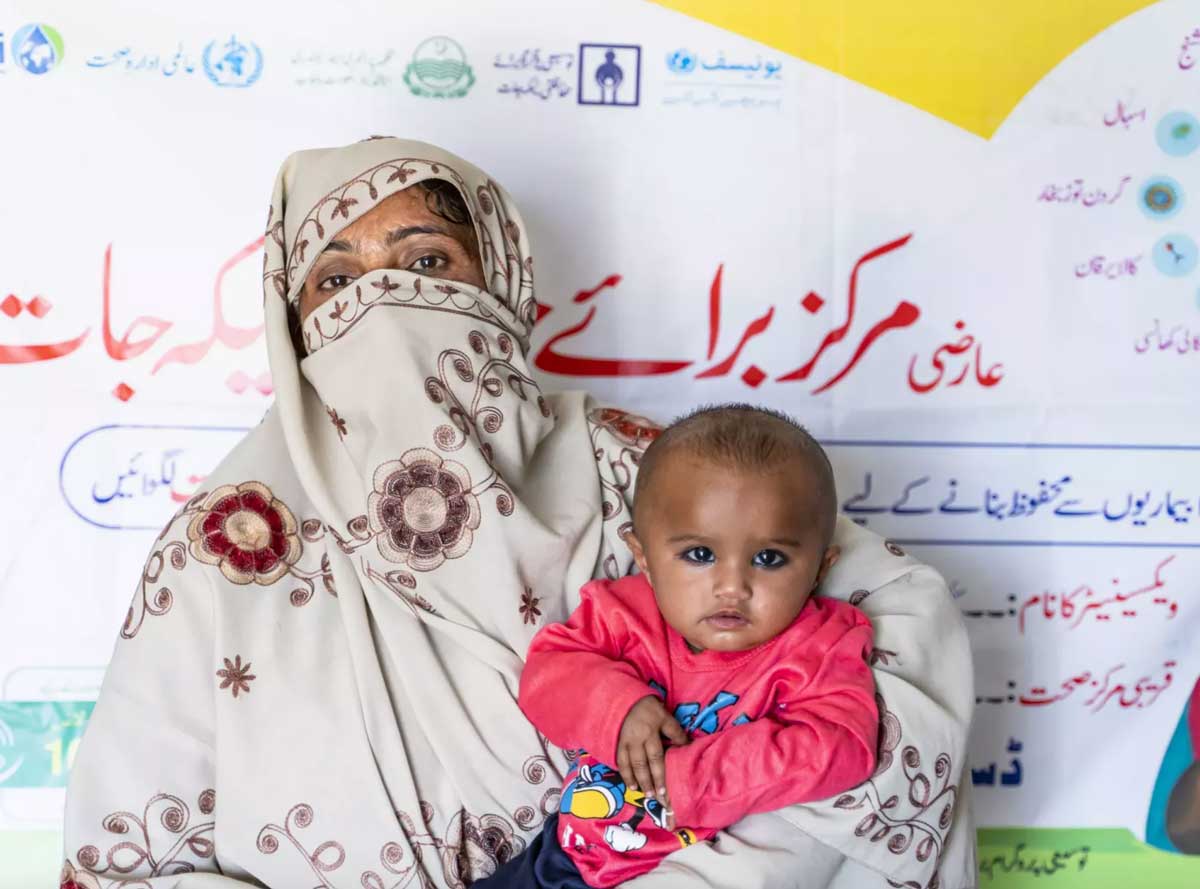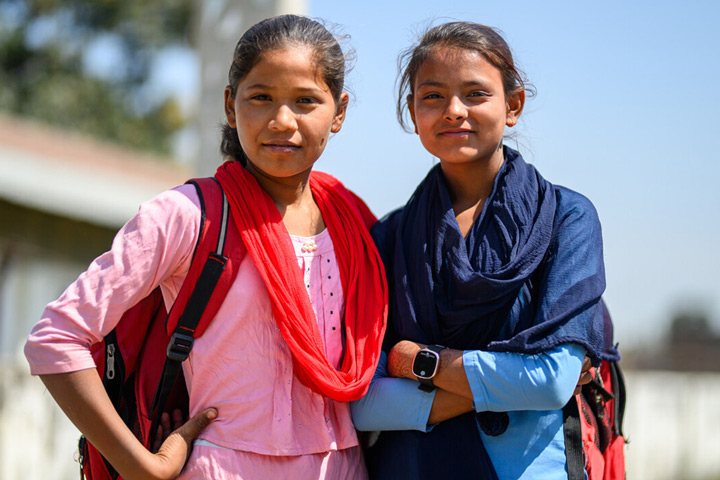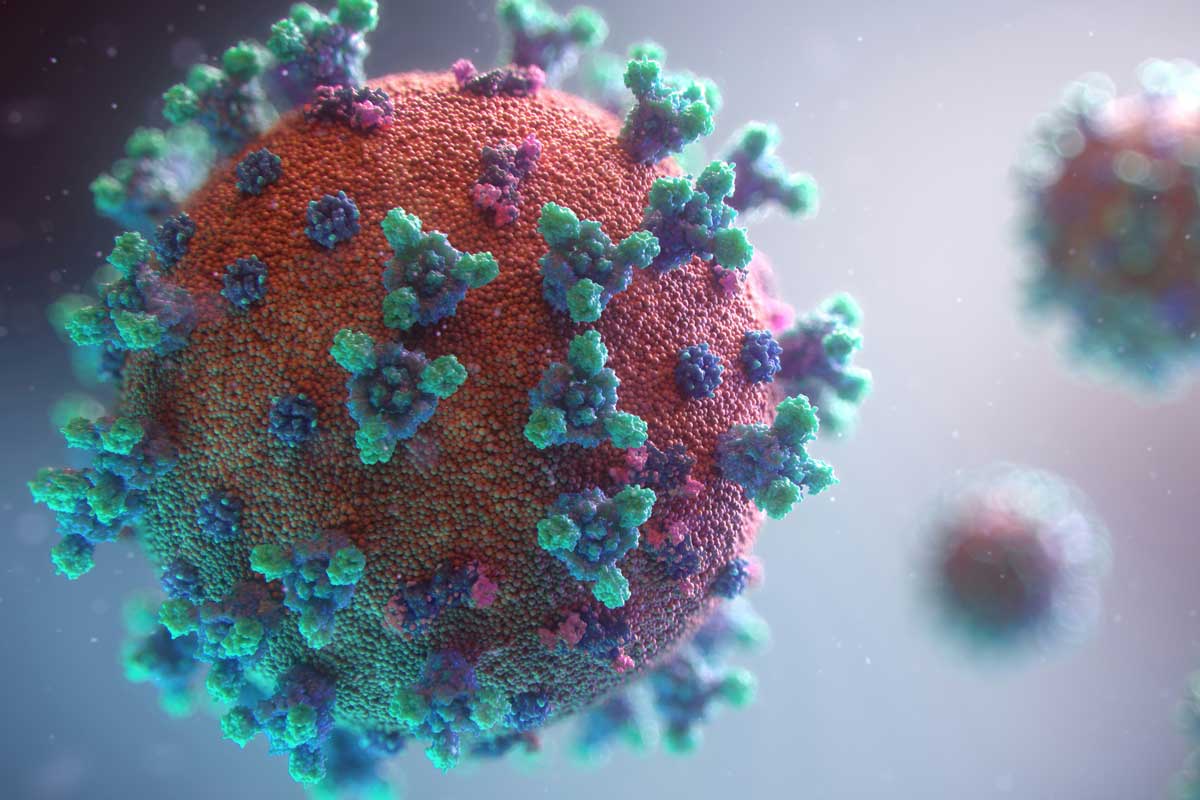New survey suggests reinfection worsens Long COVID
Survey indicates that getting reinfected worsens symptoms of Long COVID or triggers a recurrence of symptoms in people who have recovered.
- 15 September 2022
- 2 min read
- by Priya Joi
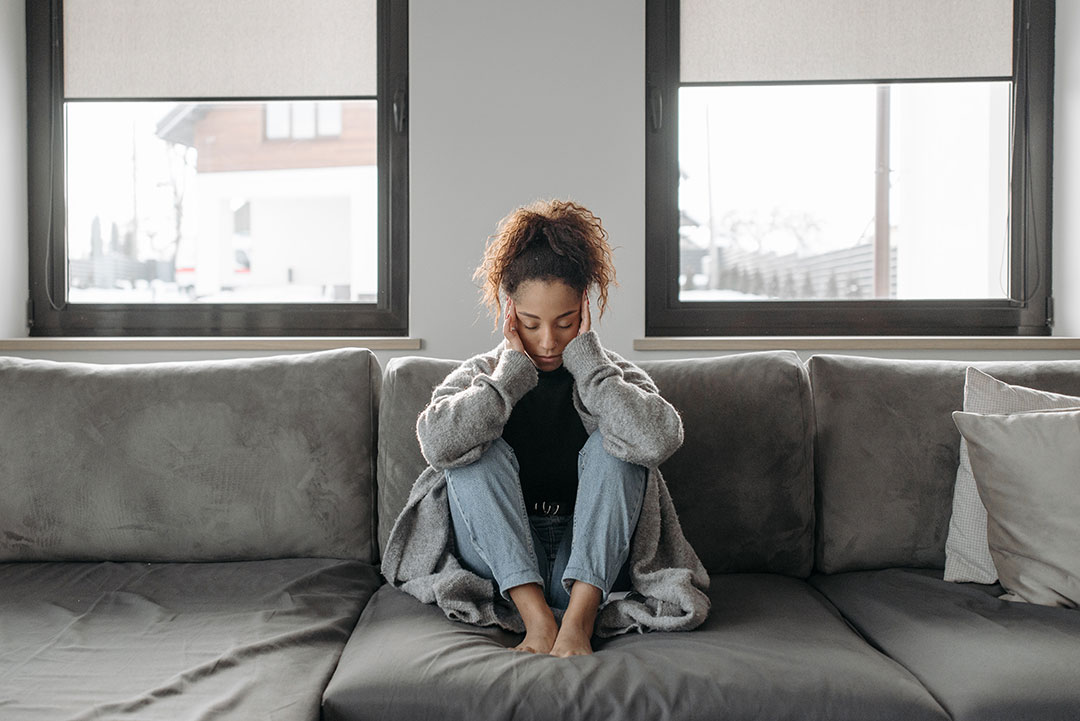
What is the research about?
Around one in eight people who get COVID-19 go on to develop Long COVID – post-infection symptoms persisting for at least a month. Reinfections of COVID-19 even in people who have been vaccinated have become increasingly common since the emergence of the Omicron variant.
The results also underline the importance of avoiding reinfection even if people are fully vaccinated and have recovered from Long COVID.
So what effect does a reinfection have on someone who has already had COVID-19 and is now suffering from Long COVID? The UK charities Long COVID Kids and Long COVID Support conducted an internet survey to understand people’s experiences.
What did the researchers do?
The survey was sent out to people with Long COVID in 30 countries including the UK, US, France and Canada and was open from 4 April 2022 to 19 June 2022. Responses were received from 484 adults and 112 children and young people who’d had at least two COVID-19 infections.
Have you read?
What did they find?
The results were similar across adults and young people. As many as 89% of respondents first got Long COVID after their first infection, compared with 10% after the second infection, and just 1% after the third infection. Overwhelmingly, reinfection worsened the symptoms of Long COVID in most people who were still symptomatic.
In those who still had Long COVID at the time of reinfection, 80% saw their symptoms worsen vs. 10% who saw their Long COVID symptoms improve. Around 85% saw old symptoms return or new additional symptoms vs. 10% who had a resolution or improvement of symptoms.
In 60% of people who were in recovery or remission with Long COVID, reinfection caused a recurrence of Long COVID.
What does this mean?
The researchers say this is one of the first published studies of the effect of reinfection on Long COVID and their findings indicate the need for more investigations. The findings indicate that, as most people get Long COVID after their first infection, avoiding infection especially in children is critical. The results also underline the importance of avoiding reinfection even if people are fully vaccinated and have recovered from Long COVID.
More from Priya Joi
Recommended for you



